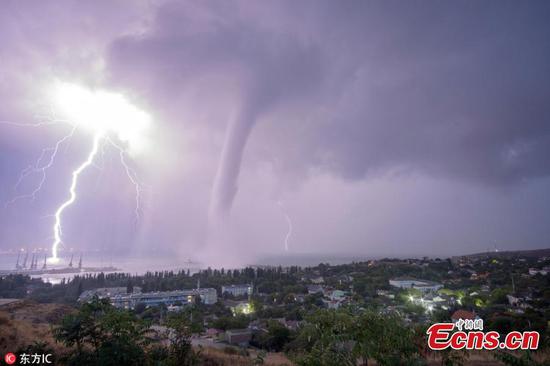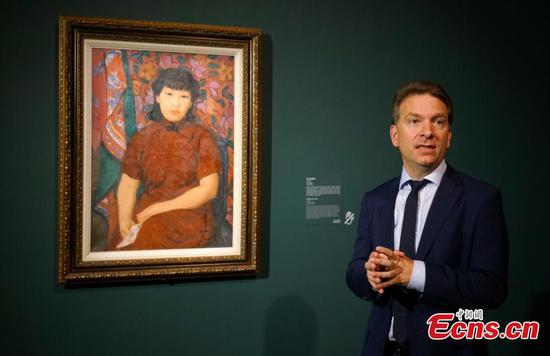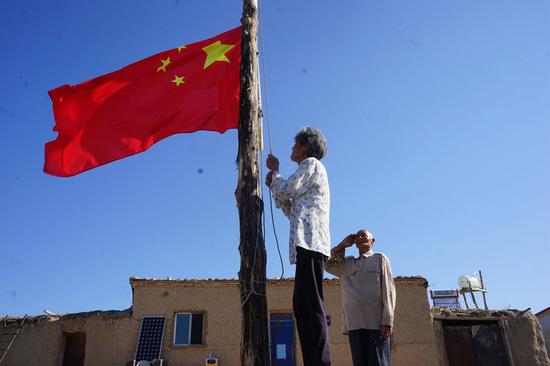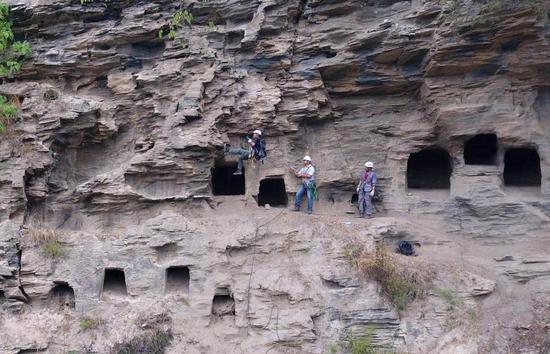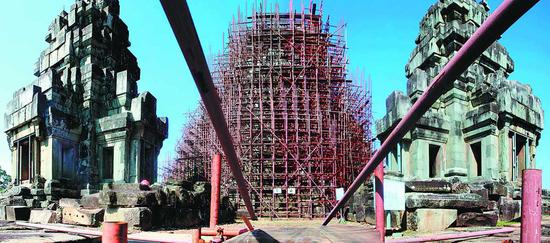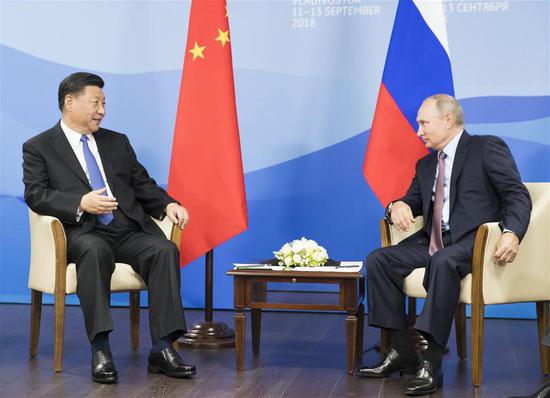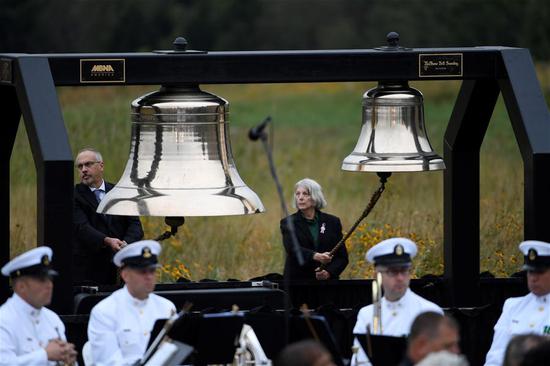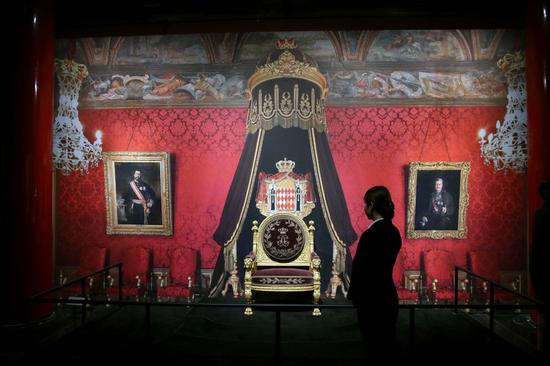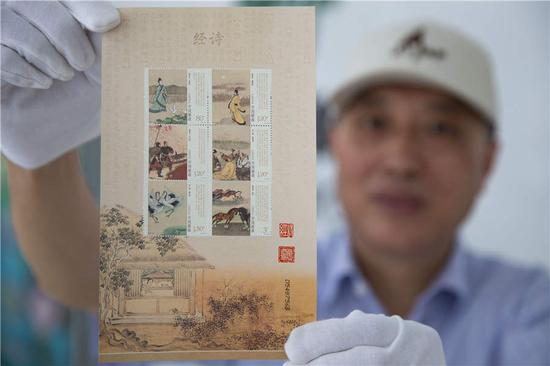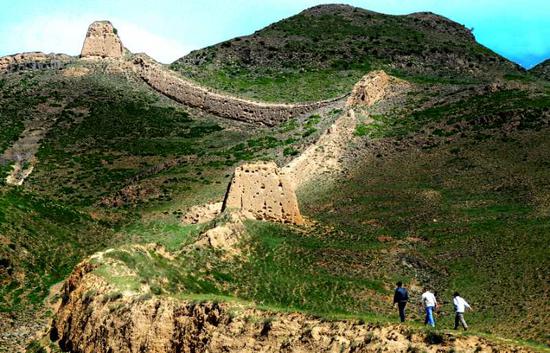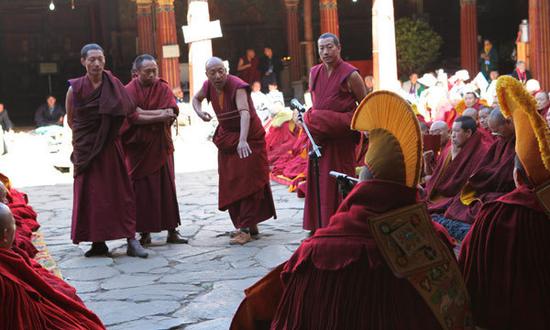
Monks participate in dharma debates in the Jokhang Temple, Lhasa, capital city of Tibet autonomous region. (Photo by Palden Nyima/China Daily)
Licensing contemplated for providers of faith-related information online
Better regulations are needed for online religious services in China, as such activities are becoming common, according to experts on religious affairs.
"More religious groups and leaders are now using the internet and social media to pass on religious information. Such behavior has actually extended their religious services from the places of worship to a more public space," said Cao Nanlai, an associate professor of religious studies at Renmin University of China in Beijing. "As a result, the former approach to religious affairs based on temples or churches needs to be upgraded to adapt to the new situation."
Cao made the remarks after the State Bureau of Religious Affairs published a draft of a regulation governing religious information services on the internet on Monday for public feedback. The draft aims to better regulate online religious information as well as their providers and platforms.
Any organization that offers religious information online is required to apply for a license from the provincial religious affairs department. No organization or individual is allowed to livestream or broadcast religious activities including worship, incense burning or praying, according to the draft.
After obtaining a license, the religious organization can use the internet to preach or teach religious beliefs among themselves. Such content and links shouldn't be shared with others, it added.
More important, it prohibits online religious services from inciting subversion, or promoting extremism or separatism.
"We've seen many terrorist attacks carried out by 'lone wolves' worldwide, many of whom have picked up religious extremism on the internet. So making sure no such information is circulating online is extremely important," Cao said.
The draft also states that except religious groups, academies and places of worship, no online religious information provider may present itself under the name of Buddhism, Taoism, Islam, Catholicism or Christianity.
Regulating religious information online has presented problems in the past for China's religious affairs administration. For example, there have been cases when fake information online has damaged the reputation of religions, said Dukar Tsering, deputy director of the China Tibetology Research Center's institute for religious research.
He said it is time to introduce a regulation to solve the problems, adding that the regulation is also a part of China's effort to handle religious affairs in accordance with the law. It is expected to effectively prevent illegal religious information from being spread via the internet.









